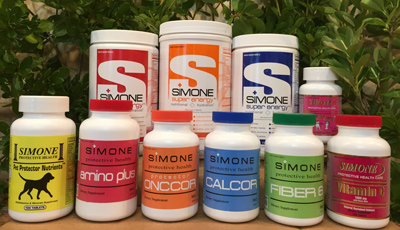4/24/2015
We do not diagnose disease or recommend a dietary supplement for the treatment of disease. You should share this information with your physician who can determine what nutrition, disease and injury treatment regimen is best for you. You can search this site or the web for topics of interest that I may have written (use Dr Simone and topic).
“We provide truthful information without emotion or influence from the medical establishment, pharmaceutical industry, national organizations, special interest groups or government agencies.” Charles B Simone, M.MS., M.D.
GRAPEFRUIT INCREASES HARM OF STATINS
Lawrenceville, NJ (Dr Simone) – When grapefruit juice is consumed, it is metabolized by certain enzymes in the liver – the same enzymes that break down Lipitor and other statins in your body. Essentially, if the enzymes are too busy metabolizing the grapefruit juice, then the statin can’t be broken down, which results in an overabundance of it in your body. That can lead to some of the more serious side effects such as liver damage and muscle damage (rhabdomyolysis), in which muscle pain leads to kidney problems.
In 2006, researchers at UNC-Chapel Hill identified chemicals known as furanocoumarins as the substance in grapefruit juice that might be tying up those enzymes. Check the warning label on all of your prescription drugs carefully; grapefruit juice can have negative interactions with a number of other medications.
The time that you take one of these medications and the time that you eat grapefruit or drink grapefruit juice does not reduce your risk of drug-related side effects – an interaction can happen up to three days after consuming grapefruit. This means that you cannot drink grapefruit juice in the morning and take your medication later in the day. Seville oranges and tangelos can have the same effect.
(c) 2017 Charles B. Simone, M.MS., M.D.


